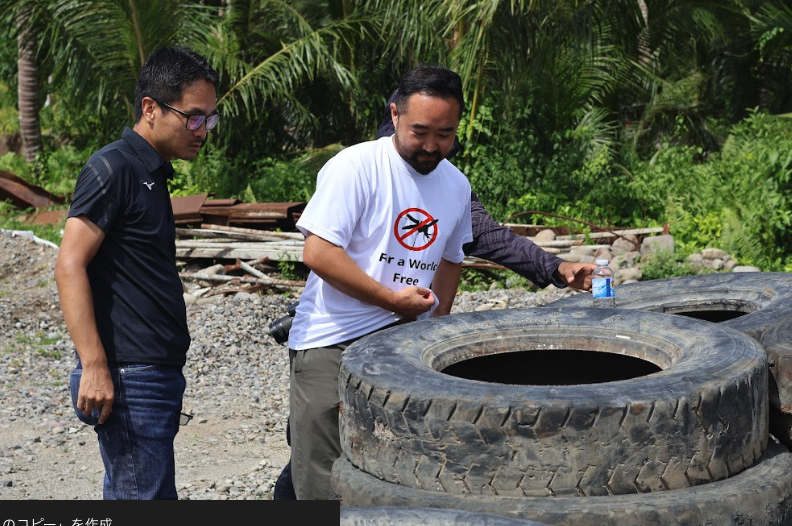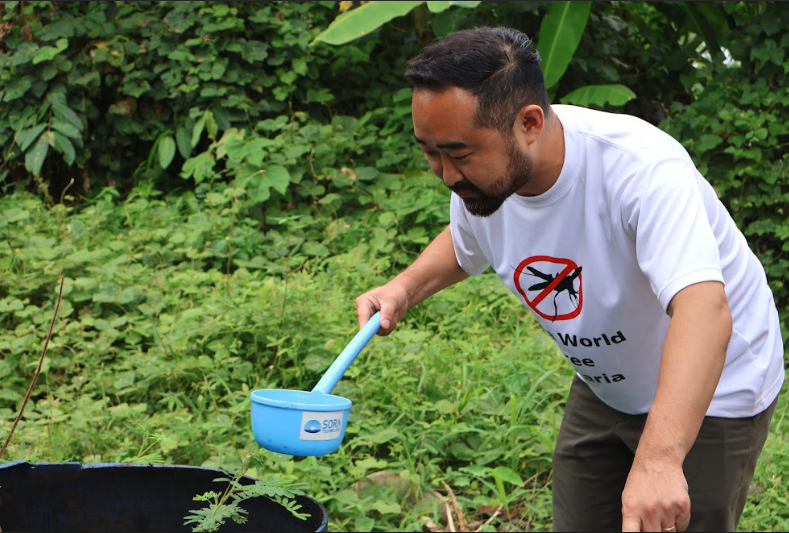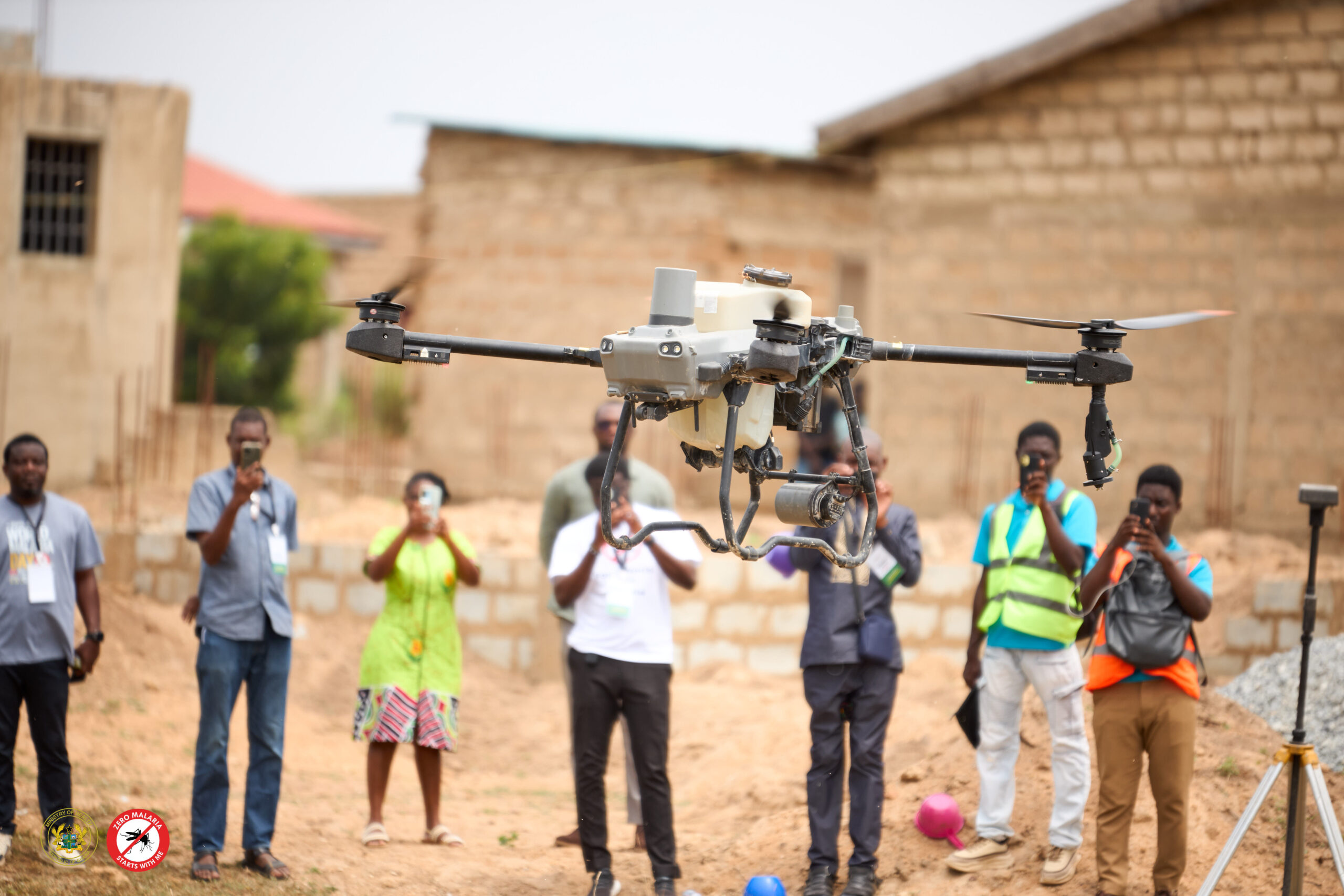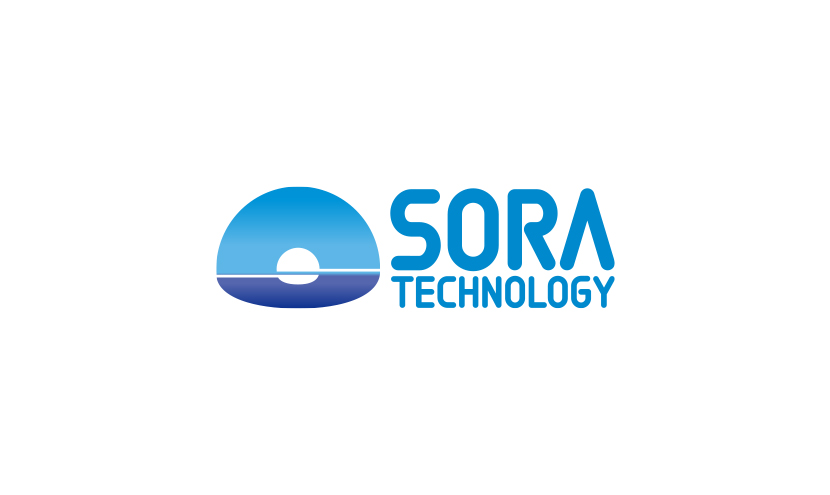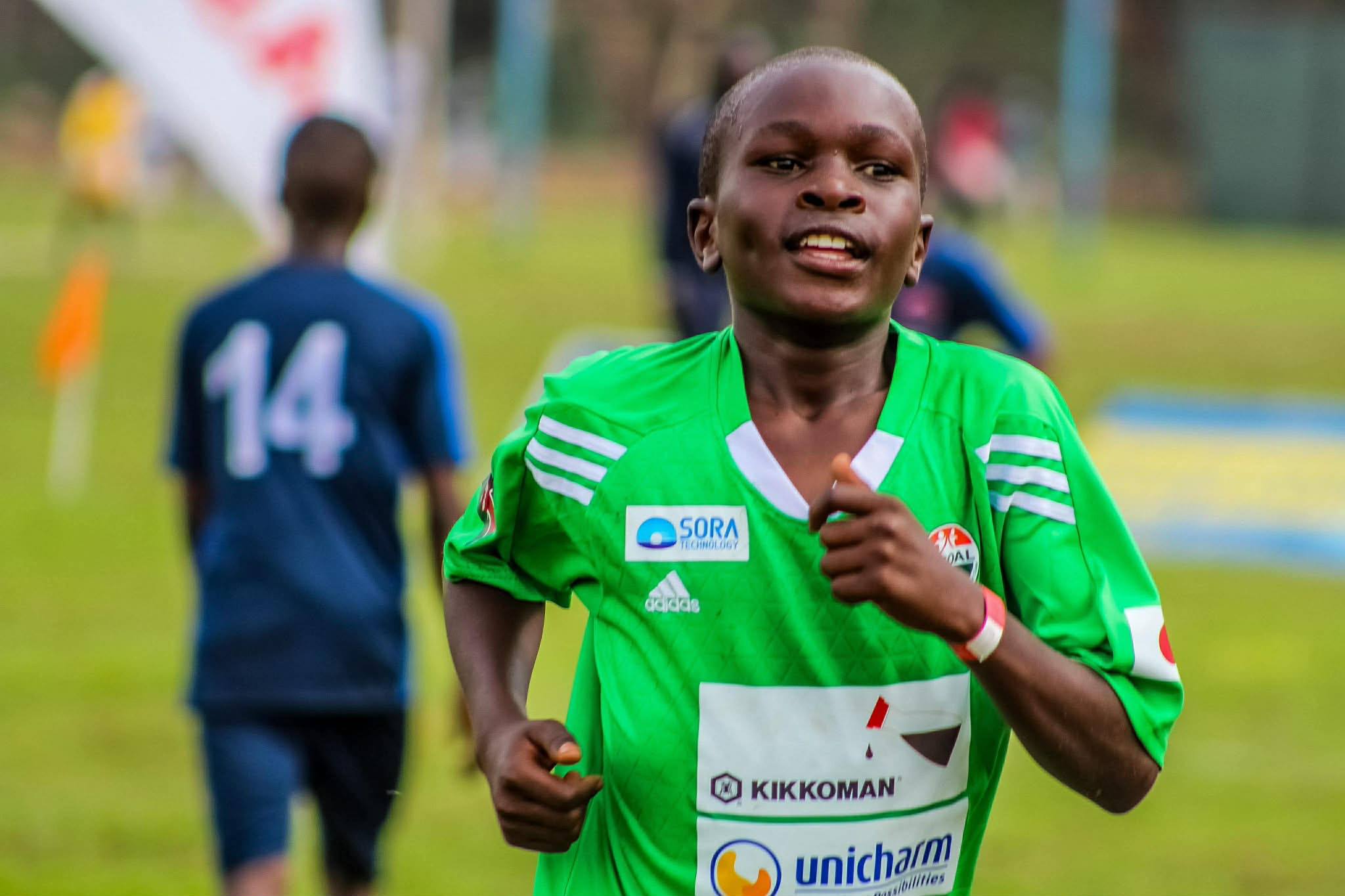SORA Technology Conducts Pilot Project in the Philippines Using Drone and AI Technology for Dengue Vector Control
SORA Technology Co., Ltd. (Headquarters: Nagoya, Japan; Founder & CEO: Yosuke Kaneko; hereafter “SORA Technology”), a frontier-tech startup tackling global health and climate challenges through AI and aerospace technology, conducted a field demonstration in July 2025 on Leyte Island, the Philippines. The project applied the company’s proven malaria control solutions from Africa to dengue fever vector control, utilizing drones and artificial intelligence (AI).
Like malaria, dengue is a mosquito-borne infectious disease. This demonstration marked an important step in adapting SORA Technology’s experience in malaria vector control to address the global public health threat of dengue.
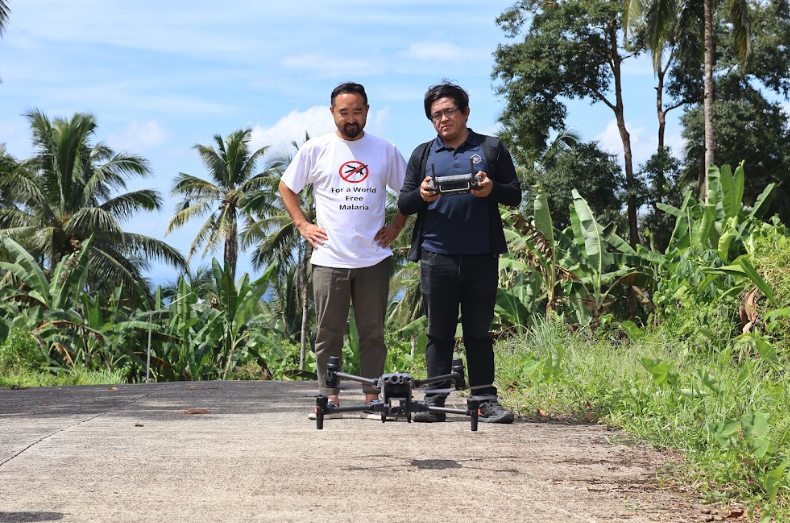
Demonstration Overview
Date: July 10–11, 2025
Location: Leyte Island, the Philippines
-
Drones conducted aerial surveys and geospatial analysis to map high-risk breeding water bodies.
-
AI models were applied to identify areas at risk of outbreaks based on environmental indicators.
-
The project was implemented in collaboration with the local network of international humanitarian organization Help.NGO, integrating cutting-edge technology with field-based humanitarian expertise.
Objectives
The project aims to enable preventive, data-driven vector control by identifying high-risk areas for dengue transmission before outbreaks occur. In the context of climate change, which exacerbates mosquito-borne disease risks, this international collaboration enhances community resilience.
By expanding from malaria control in Africa to dengue control in Southeast Asia, SORA Technology seeks to contribute not only to the Philippines but also to the prevention of other mosquito-borne and neglected tropical diseases (NTDs), such as chikungunya, which may pose emerging threats in Japan and beyond.
About Dengue
Dengue is a viral disease transmitted primarily by Aedes aegypti and Aedes albopictus mosquitoes. It is rapidly spreading across tropical and subtropical regions, with hundreds of millions of infections reported annually. The Asia-Pacific region is among the most heavily affected.
As with malaria, source reduction of vector breeding sites is key to prevention. SORA Technology is leveraging its expertise in malaria control to advance practical dengue prevention strategies, starting in the Philippines.
About Help.NGO
Help.NGO is an international humanitarian organization that provides disaster response, preparedness, and humanitarian support worldwide. Since 2019, it has been registered as a UN Standby Partner, engaging in emergency response operations with advanced use of satellite communications, unmanned aerial systems (UAS/drones), and ICT solutions.
Help.NGO has been deployed across global crisis zones—including earthquakes, floods, pandemics, and armed conflicts—earning strong recognition from the international community for combining technology with humanitarian action.
Website: https://www.help.ngo/
Significance of Collaboration
This collaboration represents more than a technical demonstration. Partnering with a trusted international humanitarian organization underscores the reliability and global significance of SORA Technology’s solutions, marking a milestone toward real-world social implementation.
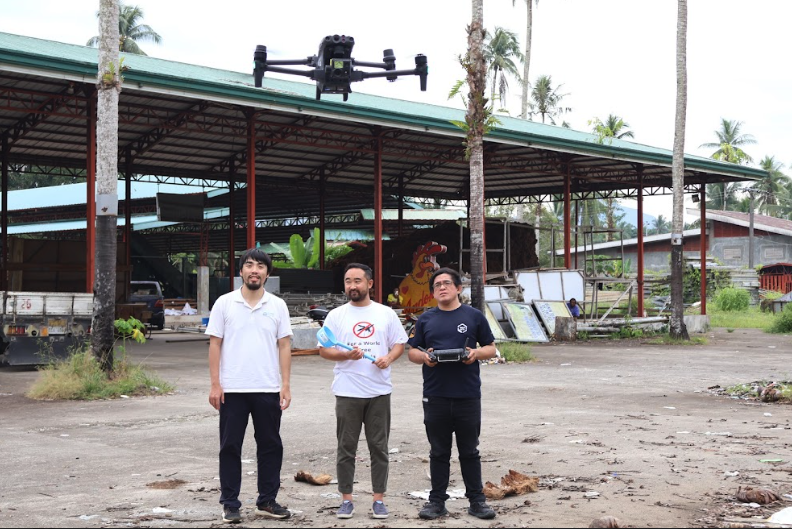
Company Profile
Company Name: SORA Technology Co., Ltd.
Headquarters: 2-14-1 Nagono, Nishi-ku, Nagoya, Aichi, Japan
Representative: Yosuke Kaneko (Founder & CEO)
Business: Development and deployment of drone- and AI-based solutions for infectious disease control, agriculture, and disaster response
Established: 2020
Mission: “Transforming the way we live from the skies.” SORA Technology is committed to building safe and prosperous societies anywhere in the world through air mobility, with a primary focus on infectious disease control and climate adaptation using drones and AI.
Website: https://sora-technology.com/
LinkedIn: https://www.linkedin.com/company/sora-technology/
Facebook: https://www.facebook.com/sora.technology/

